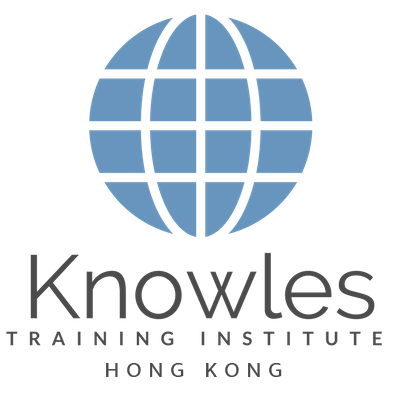Skip to content
Active RecallJohnson West2023-07-17T12:24:51+08:00
Active Recall
Maximizing Learning Potential: Making Use of Active Recall’s Power
- Efficiency of Active Recall: Active recall is a time-efficient study technique. By focusing on actively retrieving information rather than passive reviewing, learners can cover more material in less time while still improving memory retention.
- Cognitive Engagement: Active recall engages multiple cognitive processes. It requires attention, concentration, and mental effort, which enhance the encoding and consolidation of information in memory.
- Interrogation Technique: Active recall employs the interrogation technique, where learners ask themselves questions about the material and actively search for answers. This process stimulates deeper thinking and analysis, leading to better comprehension and memory recall.
- Metacognition and Self-Regulation: Active recall promotes metacognition and self-regulated learning. By reflecting on their own understanding and monitoring their recall performance, learners can adjust their study strategies, focus on challenging areas, and optimize their learning process.
- Enhanced Retrieval Strength: Active recall strengthens memory retrieval pathways. Each successful retrieval reinforces the neural connections associated with the recalled information, making future retrievals more efficient and improving overall memory strength.
- Real-Time Feedback: Active recall provides immediate feedback. When learners actively retrieve information and compare it to the correct answer, they receive instant feedback that reinforces accurate memory recall and corrects any misconceptions.
- Multimodal Learning: Active recall can be combined with other learning modalities. By incorporating visual aids, auditory cues, or kinesthetic activities into the retrieval process, learners can reinforce memory retrieval through multiple sensory channels.
- Active Generation of Knowledge: Active recall involves the active generation of knowledge rather than passive consumption. By creating mental images, diagrams, or concept maps during the recall process, learners actively construct their understanding and enhance memory consolidation.
- Transfer and Application: Active recall facilitates the transfer and application of knowledge across different domains. By actively retrieving information and connecting it to real-life examples or practical situations, learners develop a deeper understanding and improve their ability to apply knowledge in diverse contexts.
- Metamemory Development: Active recall promotes the development of metamemory, which is the awareness and knowledge of one’s memory capabilities. By regularly practicing active recall, learners gain insights into their own memory strengths and weaknesses, enabling them to employ effective memory strategies and optimize their learning outcomes.
Page load link


